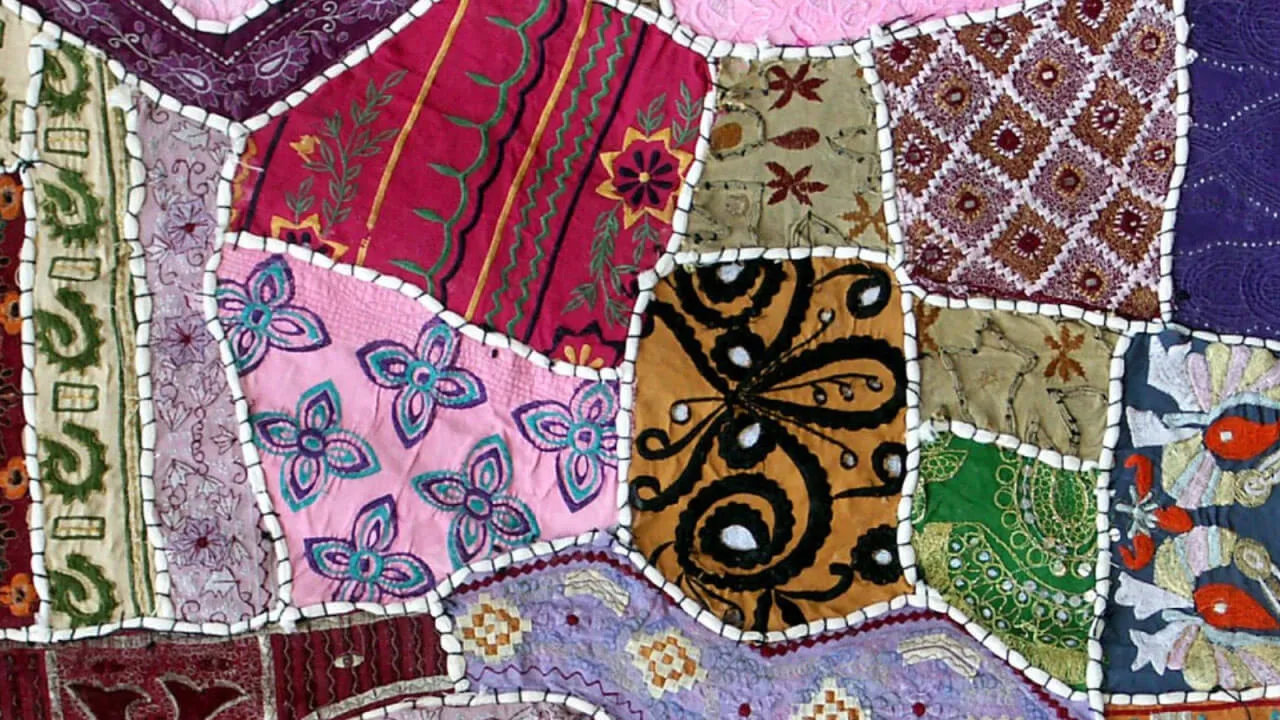When my cousin’s husband passed away earlier this year, I struggled to find the right words to console her. The sudden loss left us both adrift until we found comfort in the passages of the Tibetan Book of the Dead or the Bardo Thodol. When chanted aloud, this sacred text feels like an ancient navigation system, guiding both the living and the deceased through the powerful transitional states of birth, death and rebirth.
Tibetan Buddhism, like many wisdom traditions, teaches us how important it is to honor our transitions—not only the great rites by which we enter and leave this world, but also the changes that unfold in and around us every day. Being present for change encourages us to cultivate compassion; it strengthens within us a profound sense of interconnectedness. That awareness, in turn, guides us to act toward a future where everyone can thrive, not just a few.
Yet, when I try to apply these truths to our work in philanthropy and the movement for environmental health and justice, I find a disconnect. For a sector so devoted to change, we often neglect our transitions.
Amid historic investments in climate, and compounded crises threatening community health, a bold new generation of leaders has stepped forward, poised to take the baton from their environmental justice elders. But decades of underfunding their organizations compared to their Big Green, historically white-led counterparts has frayed this generational handoff. As a result, our movement stands to lose critical threads that strengthen the lineage of leadership, and could fumble some of the most decisive opportunities to advance health and justice in our time.
On one side of this break, many of the movement’s greatest champions—people who “held the line” and laid the groundwork for policy and narrative shifts that secured some of our most significant victories—have seen the least financial compensation for their tireless work. Many of these beloved leaders are now entering retirement in a country where the social safety net hangs by a thread. Without resources to tend to their healthcare and other basic needs, elders struggle to step away from their labors with ease. Meanwhile, their families, communities, and organizations shoulder heartbreaking financial and emotional burdens as they do their best to support.
Across the gap stand new leaders hungry for mentorship, searching for a blueprint to build a movement for tomorrow based on all that has been learned, won, and sacrificed. At a recent conference, for example, I met one young leader eager to document and speak with attendees of the historic National People of Color Environmental Leadership Summit held in 1991, an event credited with launching the environmental justice movement as we know it.
And as I make my own transition to elderhood, I lean more and more on the advice of great mentors and elders, whose patience in sharing their wisdom has saved me from many mistakes and kept me in the fight against wealthier, more powerful interests. When I speak with these elders, I’m often seeking perspectives that only those seasoned in the ups, downs, and sea changes of decades of movement work can provide, asking questions about how to keep going, how to bridge divides, and how to keep our fires of hope burning.
Supporting the care of our elders and the continuity of their networks and wisdom is one of the most important steps we can take now as funders to foster resilient organizations and campaigns that can win. The arc of justice has proven to be intergenerational, and so our funding must strengthen the transition between the leaders of yesterday and the visionaries of tomorrow.
At the Health & Environmental Funders Network, we’re organizing our members to take the first step. The theme of our annual conference this October focuses on what philanthropy can do to build a thriving movement beyond election outcomes. The meeting will take place in North Carolina, the birthplace of environmental justice. At the heart of the conference will be the first-ever Lifetime Achievement Award for Environmental Health & Justice—an award that honors movement elders, eases their financial transition into retirement, and provides a platform to galvanize new leaders to carry these legacies forward.
Ultimately, the Lifetime Achievement Award is a small gesture toward a much larger need. Its purpose is to awaken funders to the deeper financial and relational commitments necessary for grassroots organizations to thrive over the long haul. We know that these organizations have the greatest potential to create healthy neighborhoods where we can live, learn, and earn with care and mutual respect. After all, the Bardo Thodol reminds us that in life, death, and every change in between, we are always interconnected, our actions and intentions shaping each other’s experiences across the cycles of existence. By showing up for each other during our transitions, the power of what we can achieve together is boundless.

